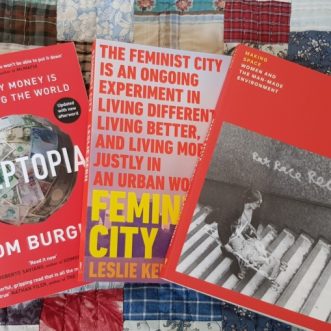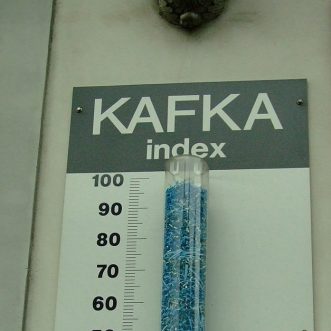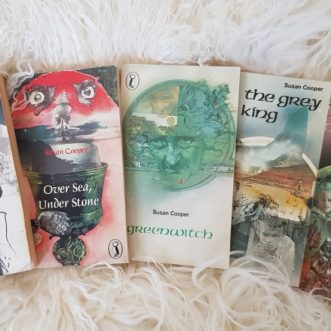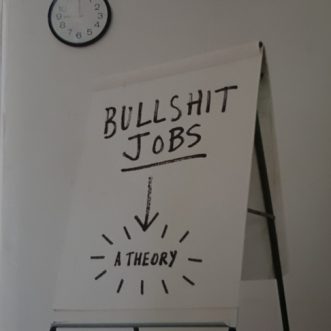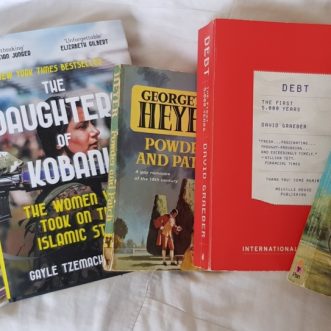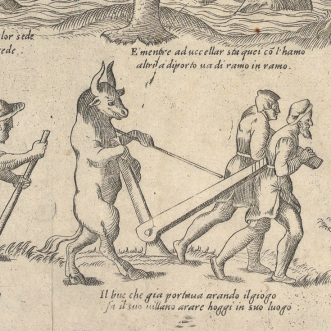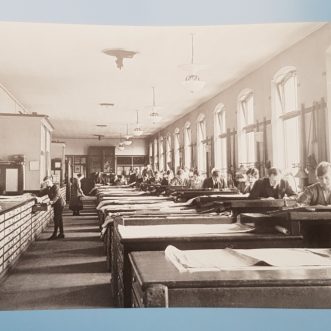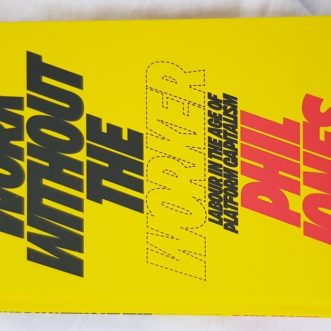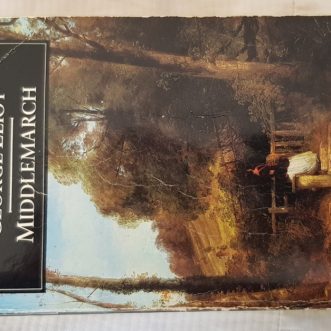October 5, 2021
George Stephenson built his steam engines without drawings. He didn’t need them. As both designer and maker, he could keep everything in his head, using rules of thumb, jigs and tools to speed up the making. Every engine was hand-crafted and unique.
His son, Robert Stephenson, set up the first railway drawing office. He separated production from design so that both activities could be scaled. The drawings communicate the design to the people who build.
When we first set up in business, we behave like George Stephenson. We hand-craft each and every user experience. We learn from each iteration what customers really want.
And when we scale, we expect our team to be able to use the rules of thumb, jigs and tools we created along the way. We assume that they have in their heads what we have in ours. So we get frustrated that they don’t do things ‘the way they should be done.‘
That’s unfair. They don’t know what we know, haven’t learned what we learned, didn’t design the jig, tools and rules of thumb we expect them to use, don’t know to get the most from them.
We forget to give them the equivalent of drawings – our design for a customer experience, on paper, for them to deliver.
The good news is that most of us aren’t generating thousands of designs, but a few. Even better, because we’re dealing with human interactions, a certain amount of sketchiness makes things more effective, not less. The best news is that once our initial designs are out there, everyone in the business can improve on them.
Before you share the work, share the design behind it.
P.S. I thoroughly recommend the book this picture came from.
